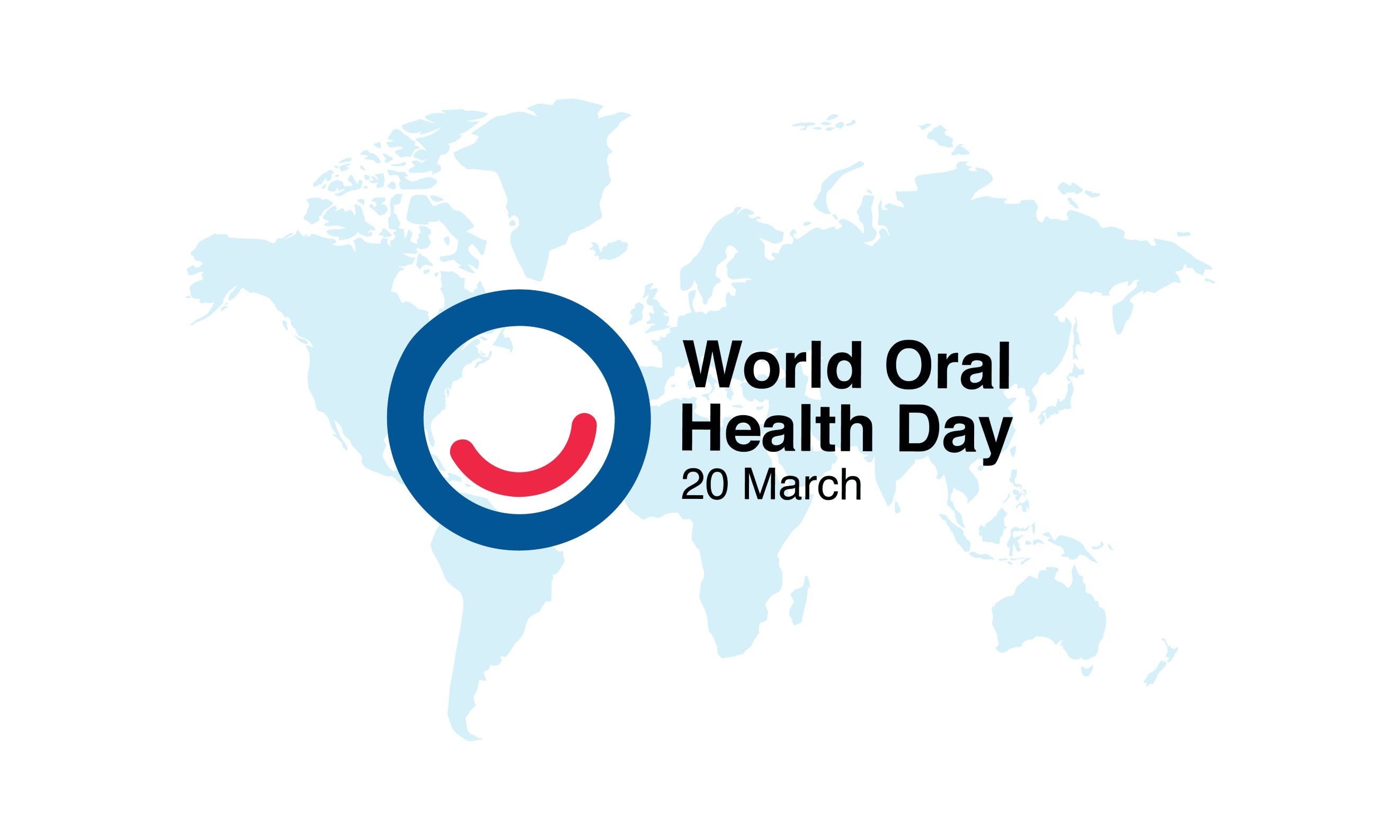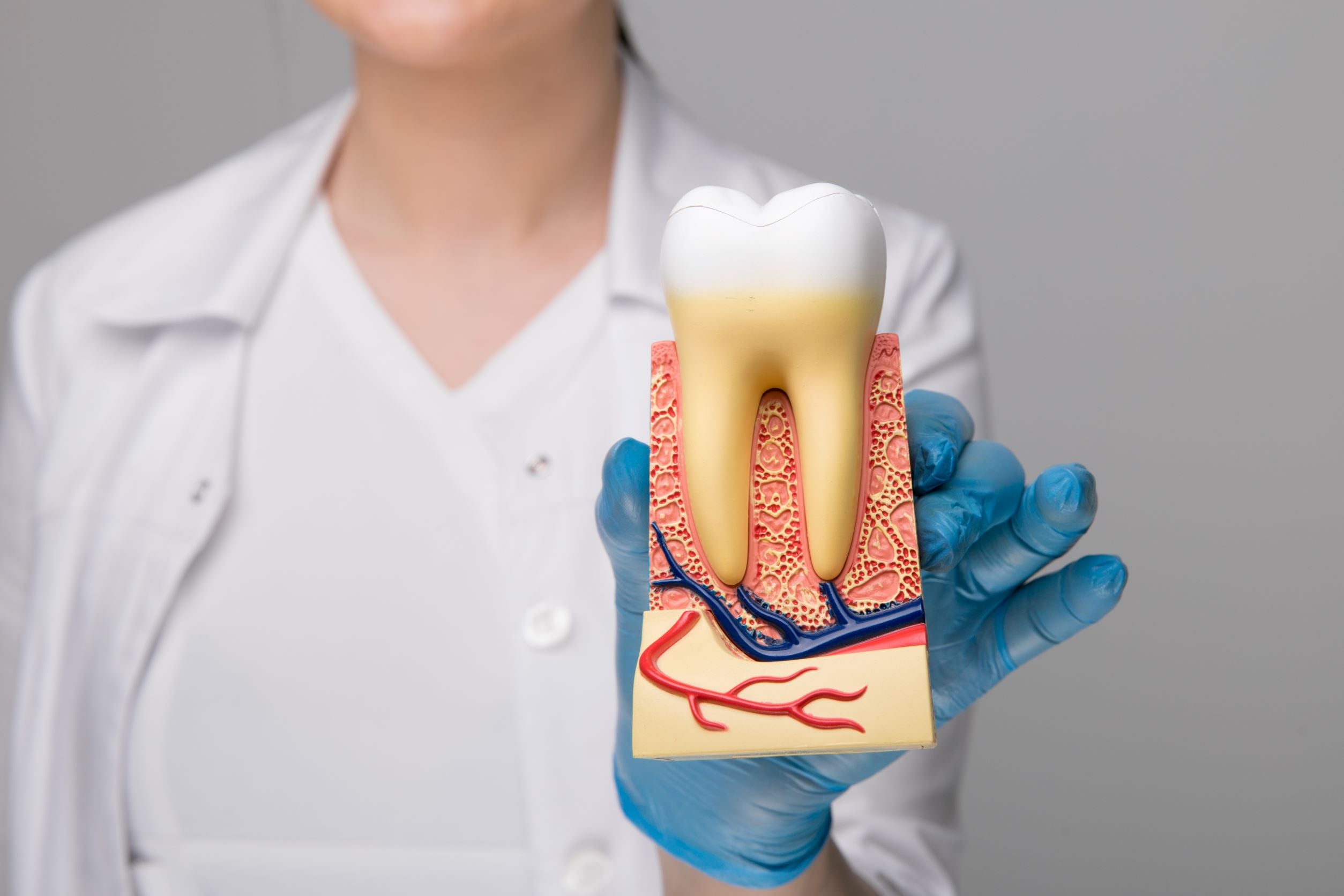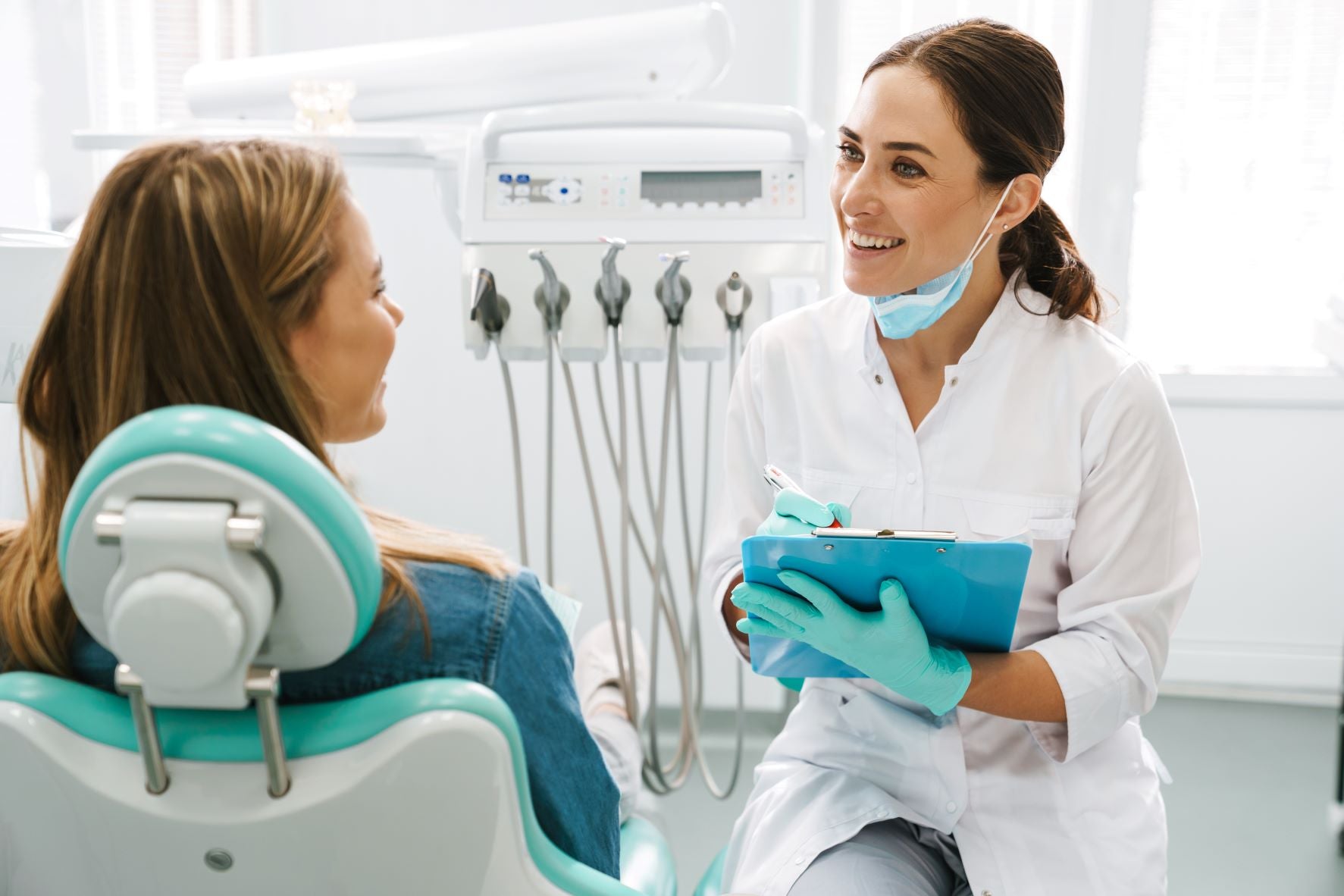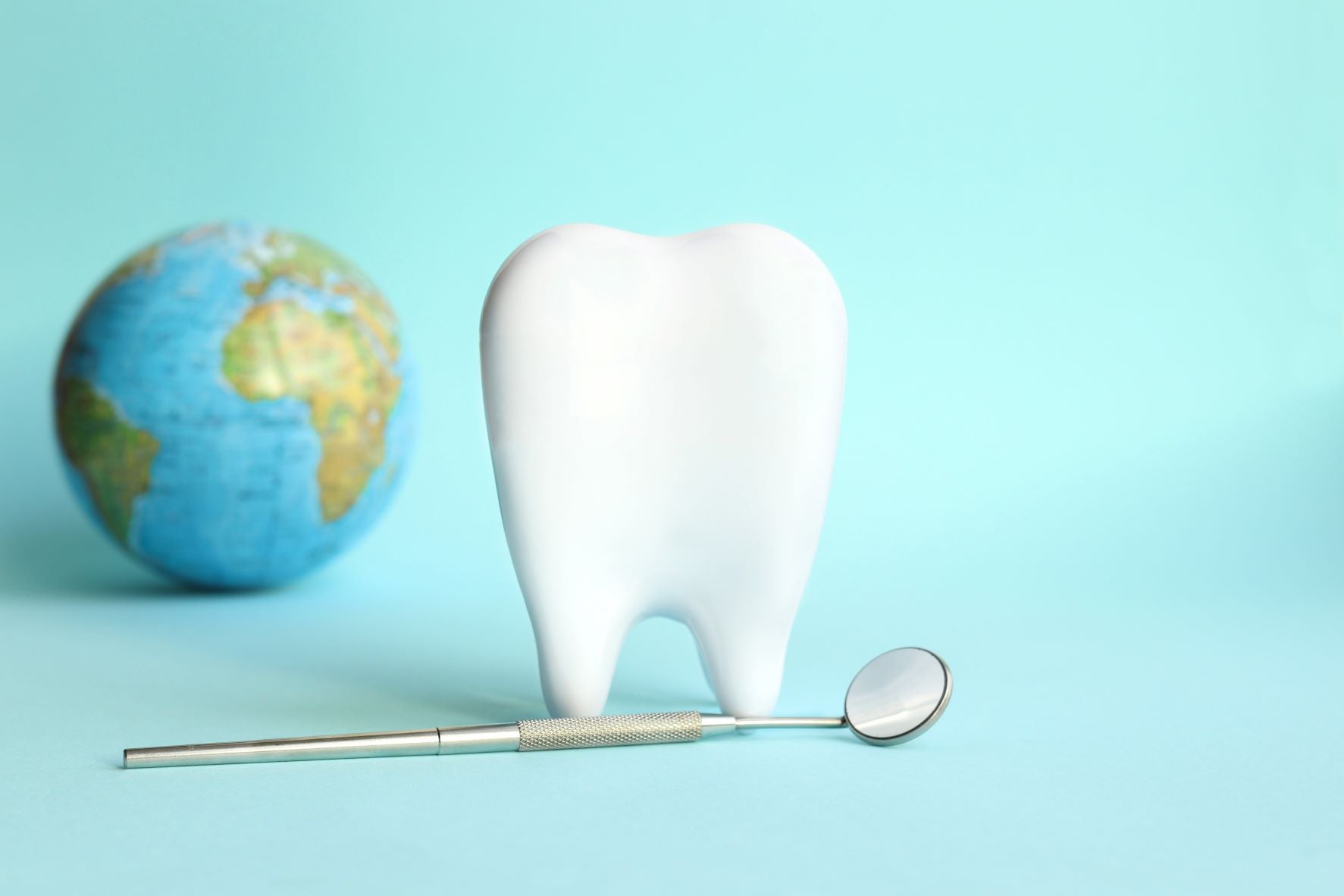- All posts
- 8 Media Venture
- althetics
- aMMP8
- Annimari Korte
- Antibiotic resistance
- Apotek Härtat
- Aqua Dental
- athlete
- Award
- Baltics
- Bonnier
- Bonnier News
- Brain health
- Business
- Cancer
- cardiovascular disease
- caries
- Chemo therapy
- children
- collaboration agreement
- Croatia
- Denmark
- Denta
- Dental erosion
- Dentex
- diabetes
- Dual Light
- Duodecim
- EFP
- EFR
- Estonia
- EuroPerio
- event
- Expodental
- FIBO
- fund raising
- general health
- Gingivitis
- Gum disease
- HAP
- HealthHub Pharma
- HIDES
- Hospital infections
- hospital-acquired pneumonia
- IBD
- Iceland
- IDS COLOGNE
- implantology
- invest
- investment
- italy
- Koite Health
- Latvia
- Lithuania
- lumoral
- Lumoral App
- Lumoral Junior
- Maritime industry
- Media
- MegaGen
- Movie
- News
- Nordic markets
- Nordics
- O
- Olympics
- Oral health
- Oral hygiene
- Oral mucositis
- Patent
- PDT
- peri-implantitis
- Perio Master Clinic
- Periodontitis
- periodontology
- Photodynamic therapy
- Press
- Ranking
- Romania
- Scandinavian Society of Periodontology
- Science
- Seafarer
- Seedtable
- share issue
- Shareissue
- Siblings movie
- Spain
- spots
- Stroke
- Study
- sweden
- Tartar
- techtour
- Thailand
- UK
- United States
- Valentine's Day
- WHO
- World Cancer Day
- World Health Day
- World Heart Day
- world oral health day
- World Smile Day

World Oral Health Day reminds us of the link between oral and general health
World Oral Health Day is celebrated annually on 20 March to raise awareness of good oral hygiene and its link with general health. Special attention to the importance of oral health is needed at th...

Severe Dental Problems in Children on the Rise: Finnish Innovation Keeps Tooth Decay at Bay
According to Swedish researchers, up to 20% of children have a particularly virulent strain of Streptococcus mutans (S. mutans) in their mouths, which has a greater-than-usual ability to cause seve...

Study identifies potential link between oral bacteria and brain abscesses
A study led by researchers from the University of Plymouth and University Hospitals Plymouth NHS Trust in the UK shows that bacteria known to cause oral infections may also be a contributory factor...

Strong link found between tooth loss and inflammatory bowel disease
Inflammatory bowel disease is linked to an increased risk of periodontitis, i.e. periodontal disease. This is according to new publications from a European research project that explored the link b...

WHO: Oral health is a key indicator of overall health, well-being, and quality of life
Why is oral health so important for everyone? The mouth is the “starting point” of the body’s defense and immunity system. When oral health is compromised by disease or injury, general health is al...

A new Global Oral Health Status Report published on November 18, 2022 by the World Health Organization (WHO) shows that almost half of the world’s population (45% or 3.5 billion people) suffer from...